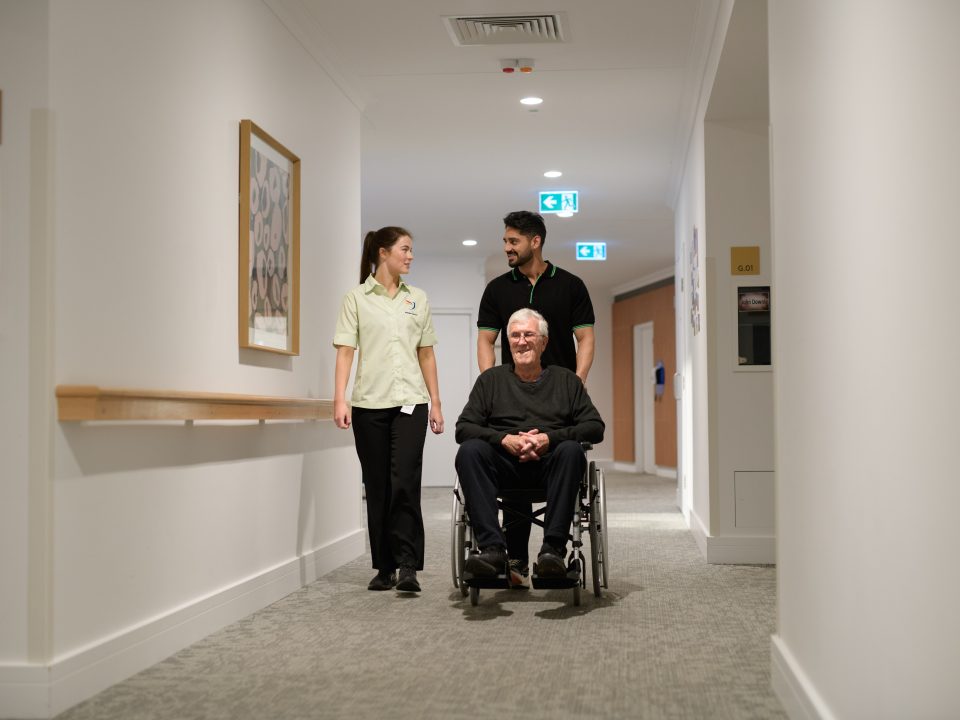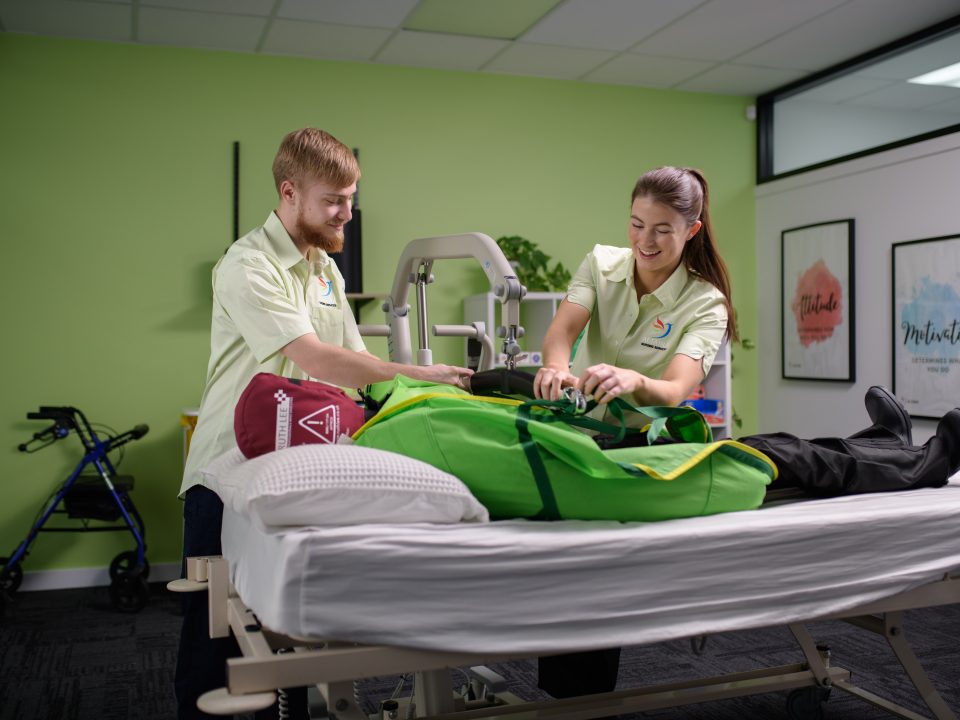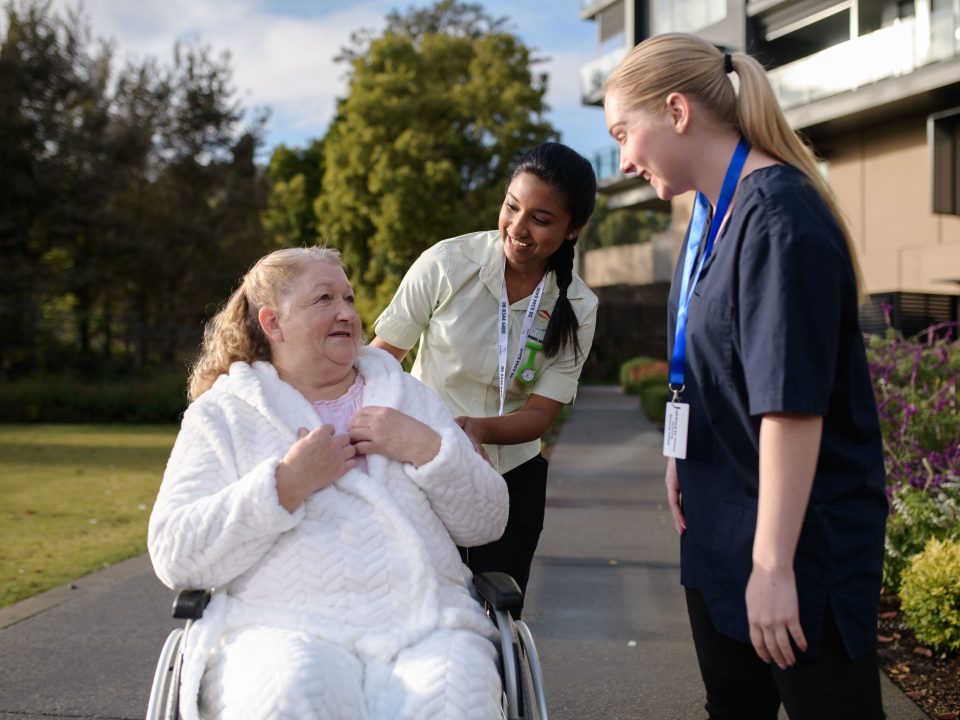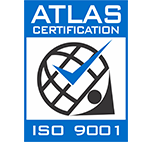
Meet Jayde!
January 27, 2023
Celebrating our Founder!
March 5, 2023Preventing and managing malnutrition in the elderly

Malnutrition is a common condition experienced by older adults with approximately 50% of older Australians malnourished or at risk of becoming malnourished. Malnutrition is linked with higher risk of falls, decreased immunity, poor wound healing, decreased muscle strength and muscle loss.
Prevention and early intervention are extremely important when it comes to malnutrition as it can be difficult to reverse the effects and subsequent weight loss among the elderly. It is important to remember that ageing often affects food intake in older adults and they are often less likely to eat and more likely to feel full.
If you are the carer of an elderly person, there are various ways that malnourishment can be assessed and brought to attention. This includes checking for unfinished meals, loss of appetite, noticing if clothing fits differently, dentures not fitting properly, low mood and also any wounds or bruising that haven’t healed easily. Some reliable nutritional screening tools that can and should be incorporated as a routine aspect of care for all elderly people include:
Mini Nutritional Assessment Short Form – this assesses weight loss (1-3 kg or >3kg over 3 months), appetite, mobility, psychological stress and dementia and BMI to determine if someone is malnourished or of normal nutritional status.
Malnutrition Screening Tool – this tool assesses weight loss (1-5kg, 6-10kg, 11-15kg or >15kg over 6 months), as well as appetite to determine a low, medium or high risk of malnutrition.
For both malnourished and at risk of malnourishment older adults, interventions are similar with focus on enhancing diet and monitoring weight. Other prevention and management interventions and support that a carer can provide include:
Environment: Providing a calm, peaceful environment to eat in with little distractions assists with feeling comfortable at meal times and therefore encourages more intake of food.
Oral nutritional supplements: Supplements may be useful in promotion of weight gain as they are usually high in nutrients and energy density.
Liquid food alternatives: If an elderly person has trouble eating solid foods, liquid alternatives can be a suitable alternative to ensure they are still consuming enough nutrients and energy.
High protein foods: This is important for the maintenance of a healthy weight and should be aimed to be included in every meal.
Education: When delivered to both the person at risk of malnourishment as well as caregivers, appropriate education about the importance of nutrition and health from a qualified dietitian, nutritionist or other suitable allied health care worker, can further help to prevent malnutrition.
Poor nutrition and malnutrition in the elderly population are significant areas of concern and can contribute to decline in health, cognitive status and reduced physical status. However, there are many ways that malnutrition can either be successfully prevented or managed adequately by those that care for the elderly population.
To learn more about how Altaira can help with healthy ageing, visit: Healthy Ageing – How Allied Health are Helping – Altaira Services










